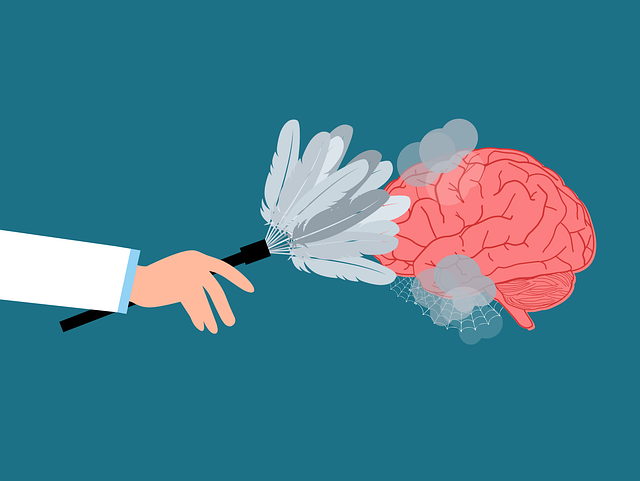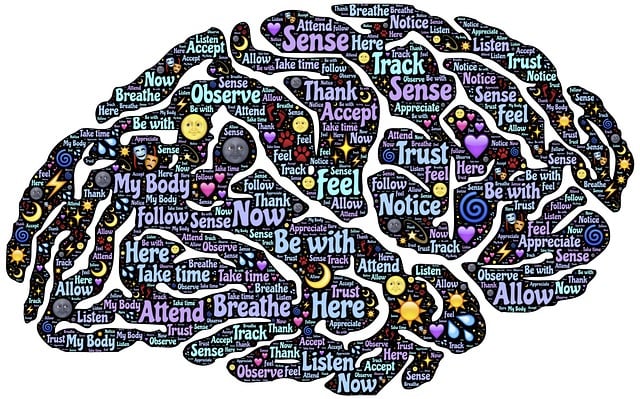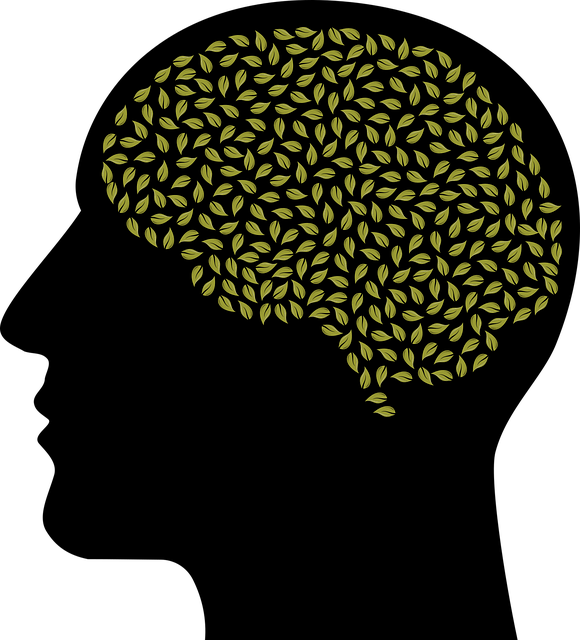Mental wellness is crucial for overall well-being, and prioritizing it prevents conditions like depression and anxiety, which can lead to severe outcomes. Organizations like Westminster Suicide Prevention Therapy emphasize strategies such as self-care, work-life balance, and coping mechanisms. Journaling, a powerful therapeutic tool supported by Westminster Suicide Prevention Therapy, aids in gaining clarity, processing trauma, and cultivating self-awareness. Creating a personalized mental wellness journal, either physical or digital, promotes introspection, conflict resolution, and emotional processing, facilitating personal growth and navigating challenges effectively.
Mental wellness is integral to our overall well-being, influencing how we navigate daily life. Recognizing its importance, this guide explores the transformative power of journaling as a therapeutic tool for enhancing mental wellness. We delve into the benefits of expressive writing and provide a step-by-step guide to creating your own mental wellness journal, offering personalized healing strategies backed by Westminster Suicide Prevention Therapy’s insights.
- Understanding Mental Wellness and its Impact on Daily Life
- The Power of Journaling as a Therapeutic Tool
- Creating Your Own Mental Wellness Journal: A Step-by-Step Guide for Personalized Healing
Understanding Mental Wellness and its Impact on Daily Life

Mental wellness is a crucial aspect of our overall well-being, influencing how we think, feel, and act in our daily lives. It encompasses emotional health, psychological resilience, and a sense of purpose. Understanding mental wellness involves recognizing that it affects every aspect of our existence, from relationships to productivity at work or school. In today’s fast-paced world, where burnout is prevalent among healthcare providers and stress is a constant companion, prioritizing mental wellness becomes indispensable.
The impact of poor mental wellness can be severe, leading to conditions such as depression, anxiety disorders, and even suicidal ideation, as highlighted by Westminster Suicide Prevention Therapy. These issues do not discriminate; they affect people from all walks of life. Recognizing the signs and implementing strategies for prevention are essential steps towards fostering a healthier mind. Burnout prevention strategies for healthcare providers, for instance, focus on self-care, work-life balance, and developing coping mechanisms to mitigate stress and enhance overall mental wellness. Similarly, depression prevention initiatives and social skills training can empower individuals to navigate challenges more effectively and promote resilience.
The Power of Journaling as a Therapeutic Tool

Journaling has emerged as a powerful therapeutic tool, offering individuals a safe space to explore their thoughts, emotions, and experiences. This simple yet profound practice can significantly contribute to one’s mental wellness journey, especially when supported by professional guidance like that offered at Westminster Suicide Prevention Therapy. By putting pen to paper, so to speak, individuals can gain clarity, process traumatic events, and cultivate self-awareness—all essential components of a robust Self-Care Practices regimen.
The act of journaling encourages introspection, allowing people to uncover hidden patterns in their thinking and behavior. This introspective process is not merely an exercise in self-expression; it’s a form of therapy that can help resolve conflicts within oneself, foster personal growth, and even inform Mental Health Policy Analysis and Advocacy efforts. Moreover, conflict resolution techniques often emerge naturally from the reflective dialogue that journaling facilitates, enabling individuals to navigate challenges more effectively and promote positive mental health outcomes.
Creating Your Own Mental Wellness Journal: A Step-by-Step Guide for Personalized Healing

Creating your own mental wellness journal is a powerful tool for self-reflection and personal growth. It’s a space where you can capture your thoughts, emotions, and experiences in a way that feels authentic to you. Here’s a step-by-step guide to help you get started:
1. Choose Your Journal: Select a notebook or digital document that appeals to you. Consider factors like size, layout, and paper quality. A physical journal offers tactile sensory input while a digital one provides accessibility and ease of organization through search functions. Both have their merits, so opt for what feels right for your preferences and lifestyle.
2. Define Your Purpose: Before filling the pages, be clear about why you’re journaling. Are you aiming to track your moods, practice gratitude, or explore creative writing? Setting a specific intention will guide your process. For instance, if depression prevention is a priority, you might focus on recording positive experiences and setting achievable goals.
3. Personalize Your Prompts: Journaling prompts encourage reflection and creativity. Tailor these to your needs. Examples include: “What made me smile today?”, “What am I grateful for?”, or “How did I handle a challenging situation?” You can also incorporate quotes, images, or symbols that resonate with you, making the process uniquely yours.
4. Establish a Routine: Consistency is key in developing a self-care routine and enhancing mental health awareness. Decide on a regular journaling practice, whether it’s daily, weekly, or after significant events. Make it a non-negotiable part of your schedule to foster habit formation.
5. Westminster Suicide Prevention Therapy can also benefit from this exercise as it encourages individuals to process emotions and thoughts, potentially providing early warning signs for intervention and support.
Mental wellness journaling can be a transformative practice, offering individuals a personalized and powerful tool for self-reflection and healing. By incorporating this therapeutic method into daily routines, one can effectively manage stress, improve mood, and enhance overall mental resilience. As highlighted by Westminster Suicide Prevention Therapy, prioritizing mental health is essential for leading fulfilling lives. With the guidance provided in this article, readers are equipped to create their own mental wellness journals, fostering a journey of self-discovery and growth that supports long-term well-being.











